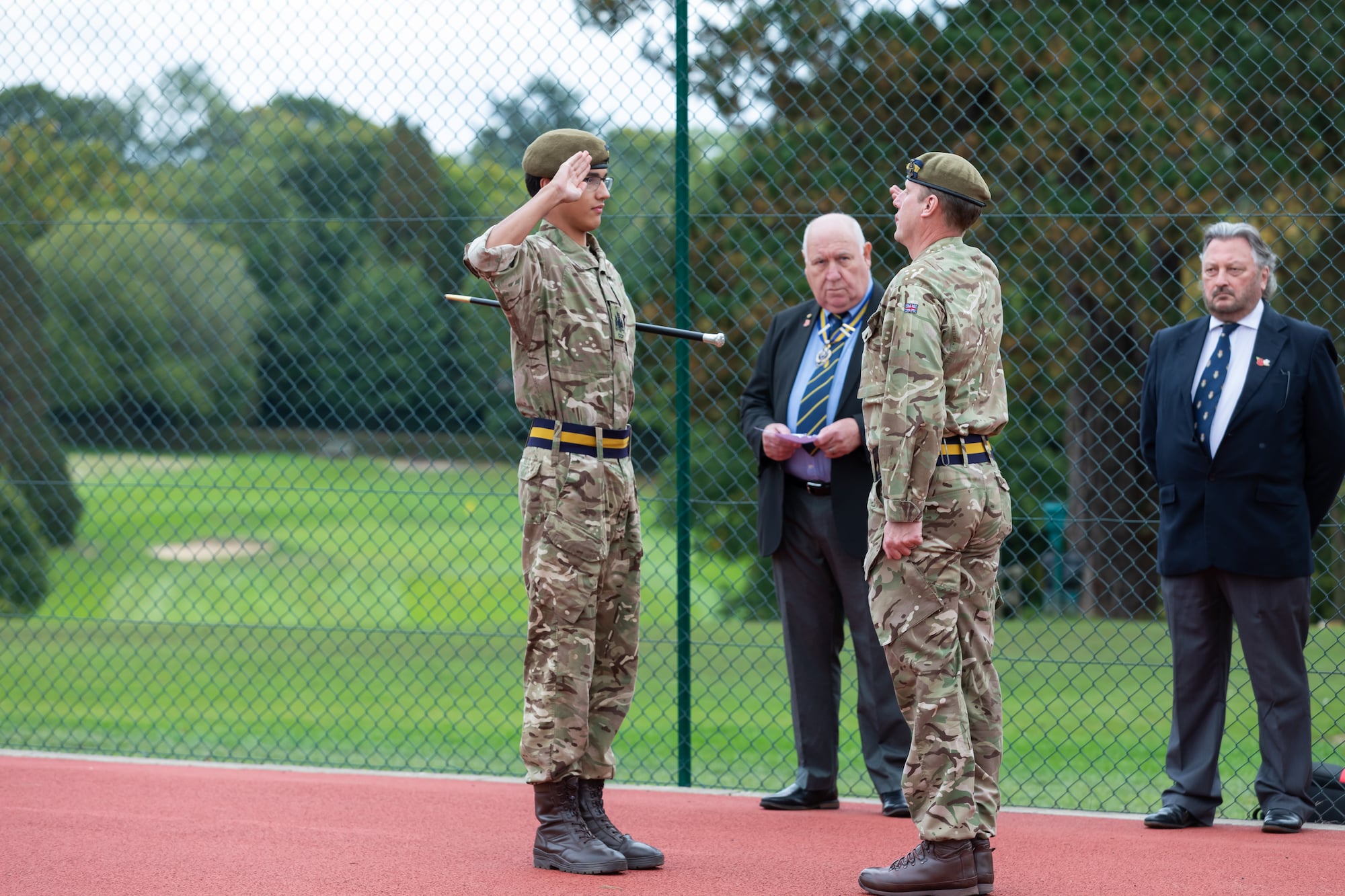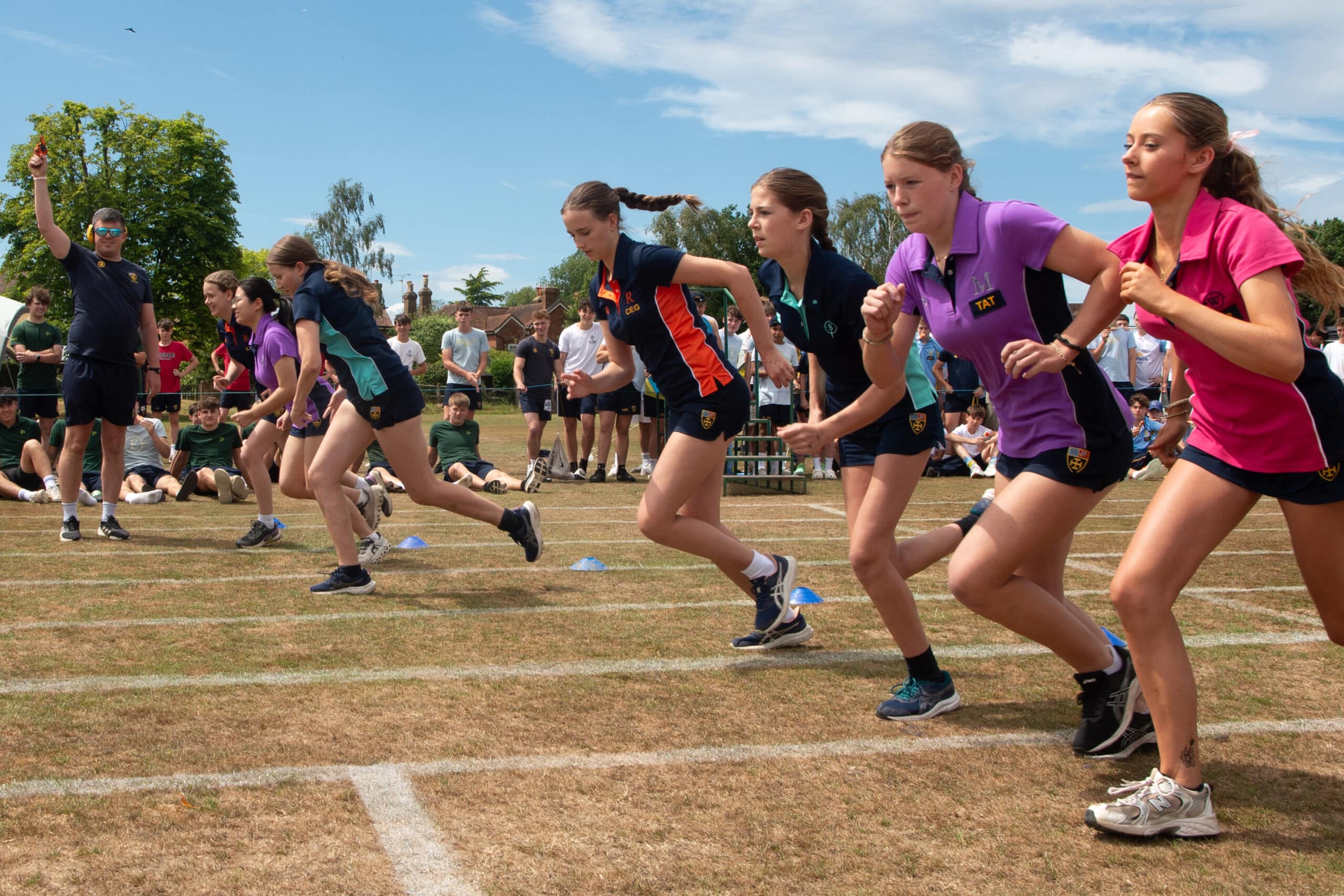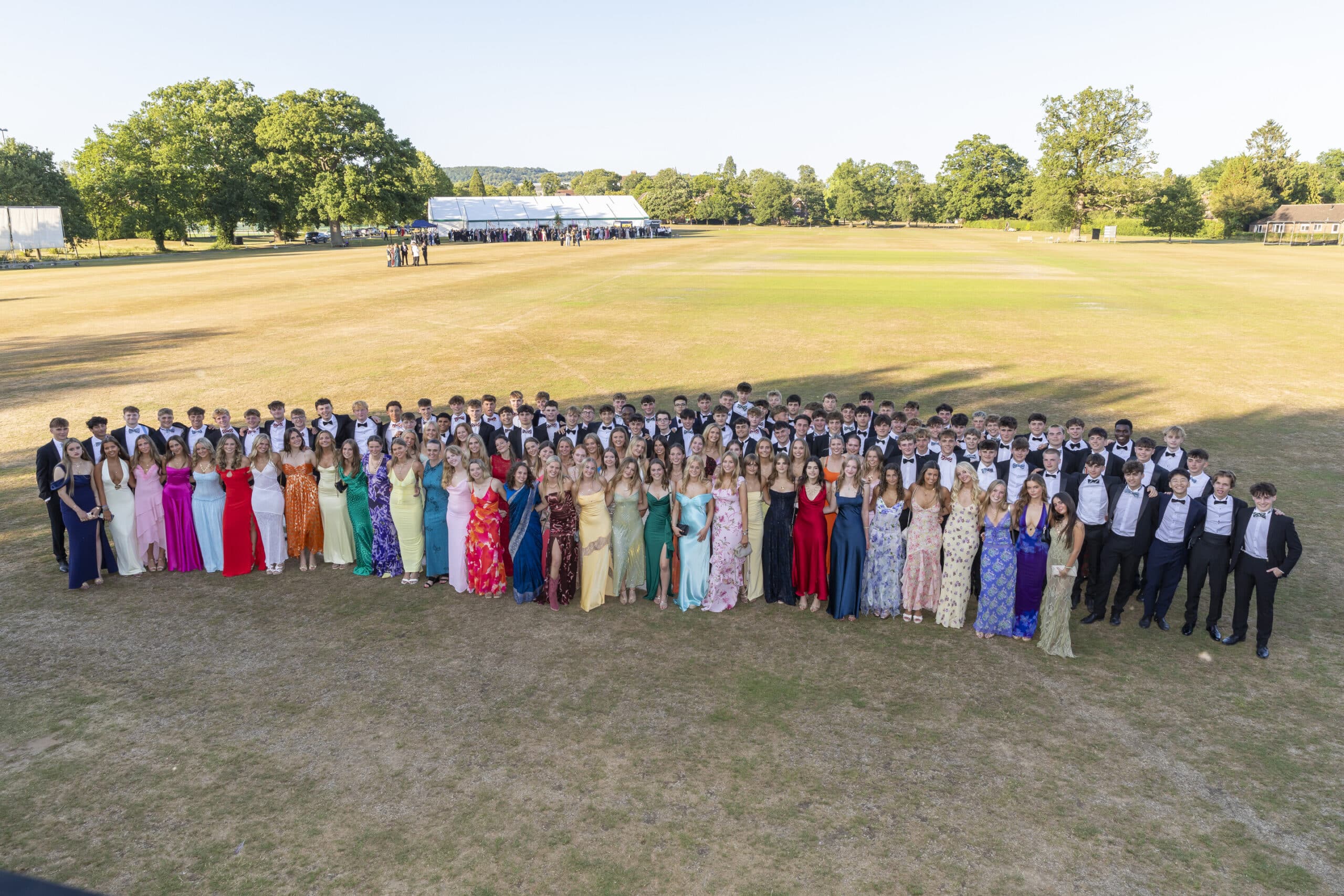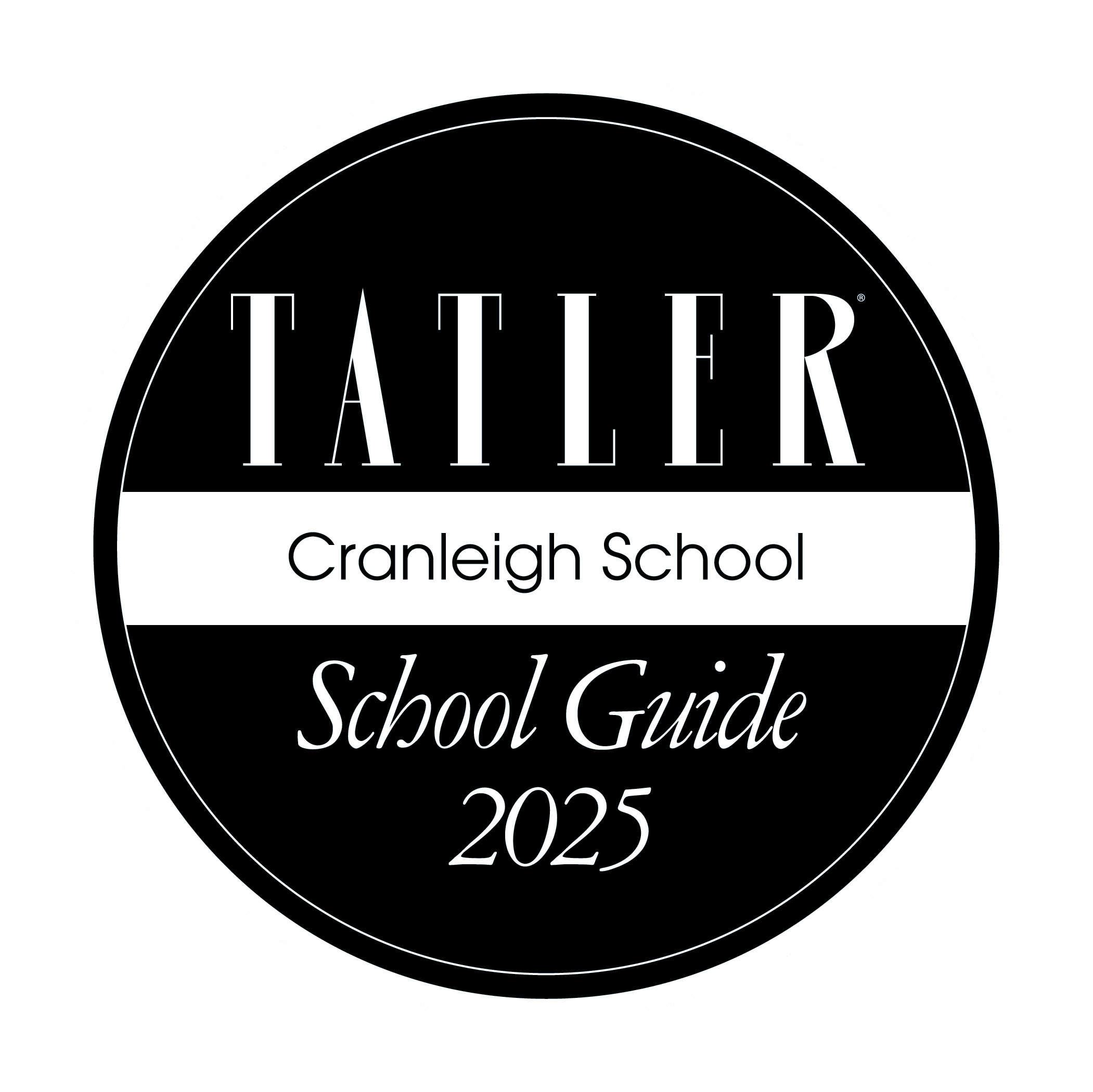Lesson observations should have a central role in a school’s professional development programme because they can improve the quality of teaching and learning throughout the school; they give us opportunities for self-reflection, sharing ideas, connecting with more colleagues and inspiring more conversations about teaching and learning. Last week’s Mutual Observation Week was an opportunity for staff across all departments to observe another colleague teaching. Most teachers observed lessons outside of their own subject area, and teacher pairings ranged from French and Biology, History and Physics, to Maths and Politics.

The obvious benefit of watching each other teach is to learn new ideas and new strategies for teaching. In my discussions with staff throughout the week, many of my colleagues discussed what they had learned from their observations, such as different revision techniques, the use of online quizzes, and the varied structure and nature of worksheets.

However, the benefits of observation go far beyond this. Many colleagues have commented on how teachers can create a particular atmosphere in the classroom, for example, how every student is drawn into a debate or discussion, how reluctant contributors are encouraged and how we can create an element of ‘theatre’ in our lessons, and why this can be effective. Most of us teach because we loved school ourselves and enjoyed many of our lessons. One enormous benefit of observations is to learn from a colleague something we didn’t know before, and watch lessons for the pure enjoyment of learning. It has been exciting to see how teachers from very different subjects have come together to learn from each other’s knowledge and expertise.
Another equally important benefit for the school community is having our students see us together; this simple show of co-operation sends an important message to the pupils about being a united and supportive Common Room who are keen to learn and willing to share.
Back to all news














